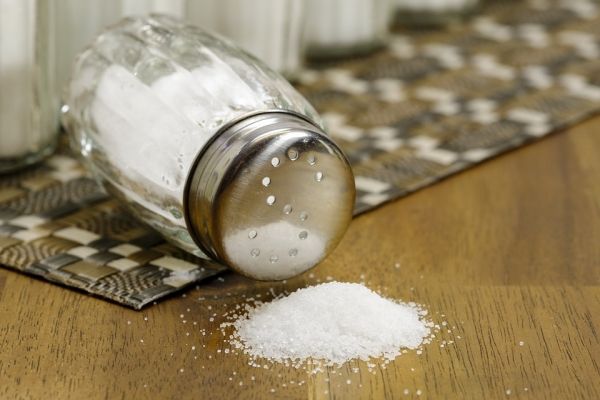Nearly a fifth of heart disease deaths in adults aged 25-69 in 2011 may be attributed to high sodium diets in a large province in China. Reducing salt intake in the region could potentially save thousands of lives, according to new research in Journal of the American Heart Association, the Open Access Journal of the American Heart Association/American Stroke Association.
Researchers assessed the impact of dietary sodium with data from the Shandong-Ministry of Health Action on Sodium and Hypertension (SMASH) program. They found that nearly 20 percent of deaths caused by cardiovascular disease among adults aged 25 to 69 could be attributable to the systolic blood pressure-raising effect of high-sodium diets in Shandong in 2011. That figure is much higher than the average level worldwide (9.5 percent) thought to be attributable to the blood-pressure raising effects of sodium.
“The burden of cardiovascular disease attributable to a high sodium diet is extreme but preventable and measures to reduce salt intake are urgently recommended,” said Shiwei Liu, Ph.D., study senior author and epidemiology professor at the Chinese Center for Disease Control and Prevention in Beijing. “Sodium intake is high in China, mainly from home cooking, eating out and pickled foods, especially in northern China such as Shandong province.”
Unlike in western countries like the United States where more than 70 percent of sodium comes from processed, prepackaged and restaurant foods, about 76 percent of the dietary source of sodium in China comes from home cooking. In Shandong, residents have a higher intake of dietary salt and a higher rate of adults with high blood pressure than the China’s national average.
Read more at American Heart Association
Photo credit: Bru-nO via Pixabay


